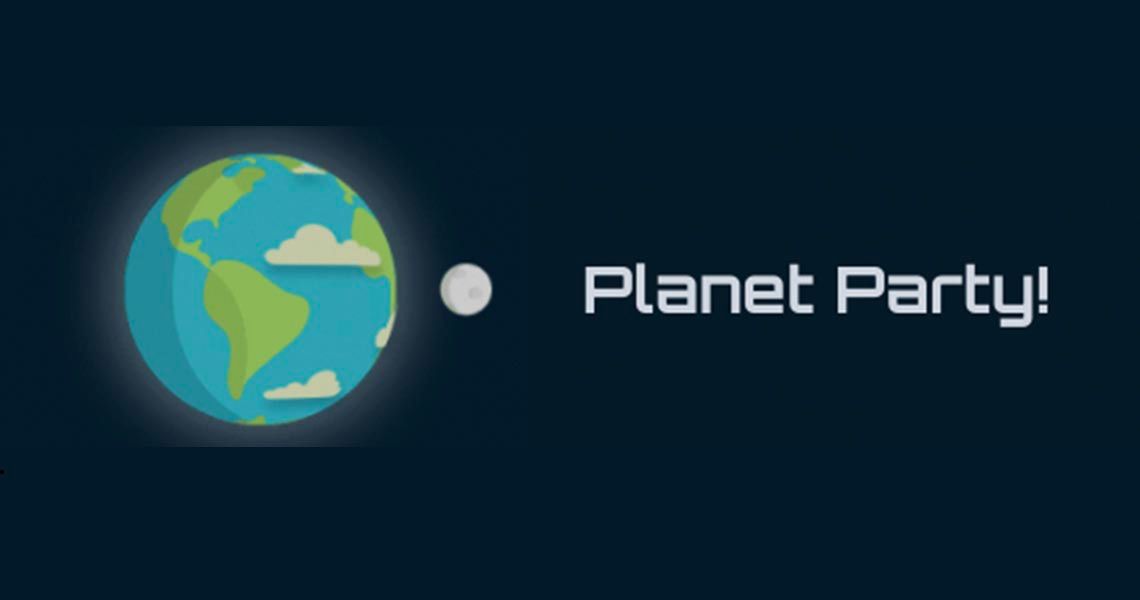Turing Students Make App to Inspire Future Astronauts
How long is a day on Mars? How much would your bike weigh on Jupiter? With Planet Party, kids get answers to burning questions about space (spoiler alert: no, a horse cannot survive on Mercury).

App: Planet Party
Accolades: Won third place in Turing’s May Demo Comp
Project type: Mod 3 Stretch Tech
Front End engineers: Connor Anderson-Larson, Katie B, Alex Thompson
Planet Party is a fun and interactive space app for school-age kids.
Explore the app for yourself
The app fetches boring data from the Solar System OpenData API and translates it into Earth-based kid terms. Stretch technologies include TypeScript, React Hooks, and end-to-end testing with Cypress. The functionality was refined through two rounds of user testing with real kids, and the app is fully accessible and responsive across all devices. This team of three Front End engineers built it in light speed—10 days—while self-teaching and implementing TypeScript from scratch.
“We struggled with the code sometimes, but we didn't struggle with each other.”
No doubt the dynamics of this team were cosmically in sync as Turing student Katie B speaks to above, but they also ran a tight [space]ship in terms of project management. Fellow teammate Alex Thompson notes how continually checking in with one another allowed them “to play to our strengths without leaving anyone behind.” So even though this project is a culmination of what each developer is best at, each fully understands every aspect of the other’s code.
Connor Anderson-Larson further credits his teammates, “Katie did some amazing work on User Interface and styling, especially the Single Planet views; her understanding of mathematics was a huge benefit. Alex also handled many of our really tough problems throughout the project; any time we hit a wall, he would do whatever it took to find a way past it in a very short amount of time.”
This meant constant evolution. After running into a CORS issue with the first API being used, they quickly pivoted to a different space-related API and worked together to rewrite some of the code. Connor, who did almost all of the testing, continued, “Proper planning and getting actionable user feedback were eye-opening experiences.”
Kid-Tested, Judge-Approved.
Knowing that user testing is a vetted way to set the direction for development, this team sent two separate versions of their deployed app out to kids to test the functionality and subsequently used their feedback to improve the user experience. Kids are good at finding bugs; in this case, an 11-year-old identified a scrolling reset issue that was fixed. The user testing also identified the (now obvious) need to limit how large of a number could be typed into the input boxes.
Kids are also brutally honest. Many wanted to make it more like a game and didn’t shy away from offering some pretty creative suggestions (visit states on other planets anyone?). Alex notes, “It was a great learning experience for us to see what a target demographic may want and compare it to what we can do in the time we have.” The team refined and expanded the app accordingly and added more interactive elements by unanimous request. As it turns out, all of that work they did to manipulate scientific data and convert it into kid-friendly language was an astronomically huge hit with their audience!
"I 💙 it soooooooooo much! It's the best app ever! Love you! Bye 🌏 🪐" – L, age 8
“It kept my attention. It looked really good!” – B, age 7

